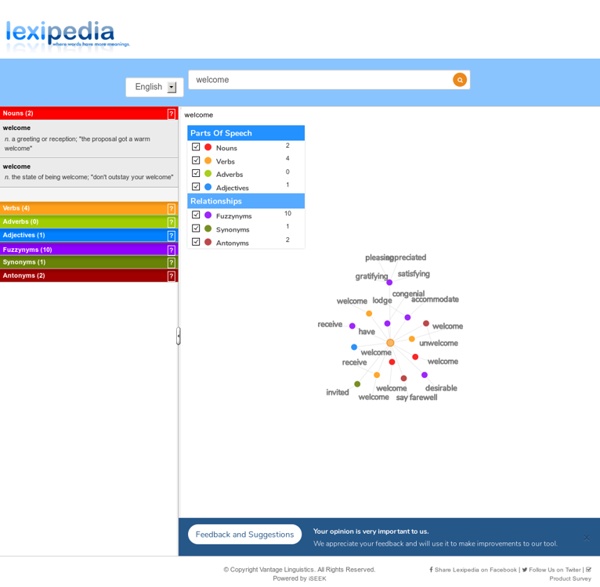



Thomasville, NC Free Public Records Search the City of Thomasville, public records using best found research sources online. This City zip code is 27360 with a total population of 26,757. Look up recorded information of Thomasville, including demographics and local economy. Link to all levels of Thomasville, government and their sites with services which provide public information. Current economy, business and housing data. The Wolfram Education Portal Is Here! January 18, 2012 — Wolfram Blog Team Teachers, are you looking for a new way to integrate technology into your classroom? How about through a dynamic textbook or pre-generated lesson plans? How to Properly Research Online (and Not Embarrass Yourself with the Results) Warning: if you are going to argue a point about politics, medicine, animal care, or gun control, then you better take the time to make your argument legit. Spending 10 seconds with Google and copy-pasting wikipedia links doesn't cut it. The standard for an intelligent argument is Legitimate research is called RE-search for a reason: patient repetition and careful filtering is what will win the day. There are over 86 billion web pages published, and most of those pages are not worth quoting.
Home page for Business English Dictionary This is an exciting new monolingual dictionary of 35,000 business-related words, phrases and meanings designed to be used by business students and anyone using or encountering English in their work. Select "Business English" from the list of dictionaries at the top of any page on Cambridge Dictionaries Online to search this dictionary. Favourite Entries Key Features Help with language The dictionary gives thousands of examples from real business texts, helpfully presented information about grammar, and there is a strong emphasis on collocation.
Education Directory The North Carolina Education Directory is prepared and distributed annually by the Department of Public Instruction’s Division of Communication and Information Services as a service to educators and others interested in public education. The directory provides information on the State Board of Education, the Department of Public Instruction, educational associations and commissions, and individual school systems and charter schools. I appreciate the valuable assistance from school superintendents and others who supplied the information for the directory, and I hope it will be helpful to you. June St. Clair Atkinson, Ed.D., State Superintendent North Carolina Department of Public Instruction NOTE :: Various file formats are used on this page that may require download.
VisiNav VisiNav is a system to search and navigate web data, collected from a multitude of sources. In summary, the system demonstrates how to combine data from multiple sources into a single unified view, how to search and navigate the aggregated dataset, and how to re-use query results from web data in external applications. On a conceptual level, VisiNav deals with objects. Objects can have attributes and links to other objects. For example, there are objects of type Person. A Person has a name; a Person knows another Person; a Person makes Documents; a Person is based near a Location.
The University of South Carolina Beaufort So, you're still getting those 1,670,000+ responses to your search queries on the Web, and you're still too busy to do anything about it, like reading the lengthy, and sometimes confusing, "help" screens to find out how to improve your searching techniques. Look no further! Real help is here, in the USCB Library's BARE BONES Tutorial. You can zip through these lessons in no time, any time. They are very short and succinct; each can be read in a few minutes.
Oxford Dictionary of Word Origins "A treasure (from the Greek ‘thesauros’, treasure, store or storehouse) trove (past participle of an Anglo-Norman verb meaning ‘to find’) of verbal wonders" – William Hartston, Daily Express Combining both accessibility and authority, The Oxford Dictionary of Word Origins describes the origins and development of over 3,000 words and phrases in the English language. The book draws on Oxford's unrivalled dictionary research programme and language monitoring, and relates the fascinating stories behind many of our most curious terms and expressions in order to offer the reader a much more explicit account than can be found in a general English dictionary. Organized A-Z, the entries include first known use along with examples that illustrate the many faces of the particular word or phrase, from ‘handsome’ to ‘bachelor’ and ‘cute’ to ‘baby’, from ‘pagan’ to ‘palaver’ and ‘toff’ to ‘torpedo’. Bibliographic Information